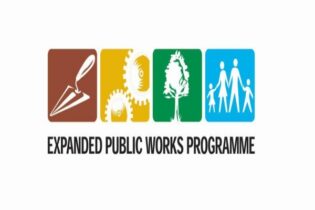The Department of Forestry, Fisheries and the Environment are reportedly in talks with the plastics industry to regulate single-use plastics.
Speaking to Daily Maverick Minister of Forestry and Fisheries and Environmental Affairs Barbara Creecy says, “The thing I’ve always been worried about is whether we would be able to enforce a ban. We have a few complexities with law enforcement in South Africa. I would rather do a lot of work to persuade a range of sectors to take [single-use plastic products] off their value chains completely.” The minister says there are many methods to consider when attempting to eradicate the problem of single-use plastics such as Extended Producer Responsibility (EPR) regulations, which ensure that plastic producers take financial responsibility for the waste associated with the lifecycle of the material. Other strategies include producers ensuring to make use of recyclable materials in bottling and packaging, producing 100% recycled plastic bags by 2027, and motivating retailers and fast-food sectors to t rid of single-use plastics. Approximately 2371 tonnes of plastic waste are generated in South Africa per annum, which 80 000 of plastic leaks into the country’s oceans and rivers each year. At least 70% of that is collected and 14% of it is recycled – including imported waste.The minister says that although the plastics industry supports the protection of the environment, it has continued to pass the plastic leakage blame to poor waste management by municipalities. An estimated 40% of plastic waste is poorly managed, with two of nine provinces responsible for 50% of plastic leakage.
A “Source to Sea” pilot programme has been created by the DFEF in KwaZulu-Natal to help curb the issue of plastic pollution upstream of rivers that house informal settlements. This initiative aims to increase awareness about plastic waste, clean-ups in areas such as taxi ranks sponsored beach clean-ups. Plastics SA has clarified that it supports the treaty and acknowledged the urgent need to address plastic pollution. However, they are not convinced that addressing plastic pollution would be achieved by regulating plastic products or production. “We believe that a global agreement could be used as an opportunity to accelerate the progress that we have already made in this regard. By building a stronger than ever foundation for effective waste management, we can ensure that used plastics are kept in the economy (recovered and recycled) and out of the environment,” Plastics SA Executive Director Anton Hanekom says.






